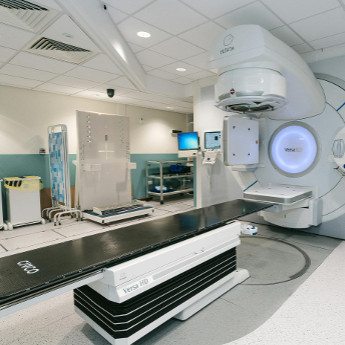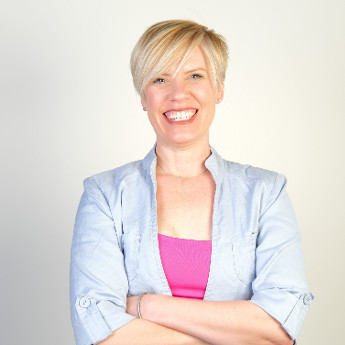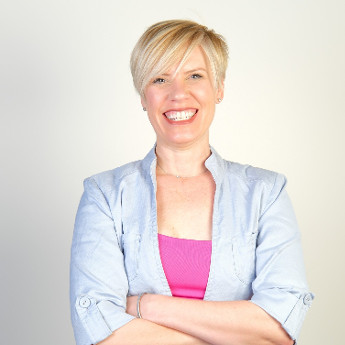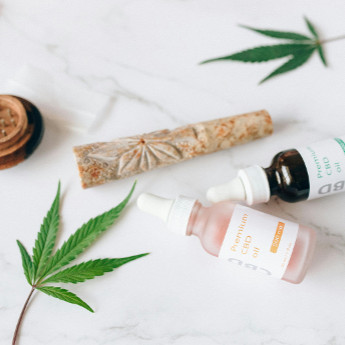By continuing to use our site, you consent to the processing of cookies, user data (location information, type and version of the OS, the type and version of the browser, the type of device and the resolution of its screen, the source of where the user came from, from which site or for what advertisement, language OS and Browser, which pages are opened and to which buttons the user presses, ip-address) for the purpose of site functioning, retargeting and statistical surveys and reviews. If you do not want your data to be processed, please leave the site.
The Voice of People With Breast Cancer
Education
Our Voices Blog
Radiation 411
Radiation therapy: two words that sounded surreal when I heard them attached to my cancer treatment plan. I knew what radiation was, technically, but I was clueless about what the actual experience would be like or how it would affect me. Mostly because my oncology team had described it and its potential side effects in vague terms. Apparently, this isn’t unusual for women like me who’ve been diagnosed with breast cancer.
Dancing Through Diagnosis, part 2
There was a total of three oncologists from different areas of care that I would meet along the way. Then there is my plastic surgeon! The beginnings of a joke. Three oncologists and a plastic surgeon go into a bar... If you have a good joke for this scenario, I would love to hear it. But this is the thought that keeps popping into my head every time I am told about my surgical team.
Dancing Through Diagnosis, part 1
As my towel brushed past the bottom of my right breast, I couldn’t help noticing that something didn’t feel right. Broken glass? It felt like broken glass. Is that possible? Could I have broken my boob? Can you break a boob? My mind began to swirl toward real questions then to ones that were clearly insane and made no sense... and yet, I asked them out loud... to myself... in the mirror.
The Use of Cannabis in Cancer Care
In recent years, cannabis has become a potentially valuable tool to help manage symptoms caused by cancer and its treatment. While the plant has been used medicinally for centuries, modern scientific interest has focused on its potential to lessen pain or nausea, and to improve appetite or anxiety—common challenges faced by people living with cancer. Although cannabis is not a cure for the disease, its role in improving quality of life is increasingly being studied by researchers.
How Surgery, Treatment & Tamoxifen Impact Your Sleep
I vividly remember the first night, after I found out I had breast cancer. I was lying in bed, wide awake with my eyes closed, listening to Trixie the cat purring beside me. My body was heavy, but my mind was wild, racing with thoughts of nothing and everything all mashed together. That was the beginning of a new kind of insomnia. Not the kind where you just can’t fall asleep, but the kind where sleep feels like something you used to do in a different lifetime but can’t access any more.
Why Clinical Trials Are Crucial for People with Breast Cancer
Breast cancer remains one of the most common cancers worldwide. While progress in early detection and treatment has significantly improved survival rates over the past few decades, continued advancement depends on clinical trials. These research studies are the foundation of medical progress, playing a vital role in finding better ways to prevent, diagnose, and treat breast cancer.
How You Can Support Breast Cancer Year-Round
Every October, the world turns pink to highlight Breast Cancer Awareness Month. Social media floods with pink ribbons, brands roll out special edition products, and awareness campaigns gain momentum. But for those impacted by breast cancer, whether they’ve been diagnosed themselves, have a loved one who has, or work in research or care, the experience lasts well beyond one month a year.
Understanding Metastatic Breast Cancer Recurrence
Metastatic breast cancer may come back months or even years after the original diagnosis and treatment. Even after successful treatment, some cancer cells may stay in the body without being detected. This can be a scary and overwhelming experience but understanding what’s happening and what to expect can help you make informed decisions about your health.
I Faced Cancer—Then I Faced Him. How One Man’s Bias Tried to Sink Me
Not long ago, I felt confident about my post-cancer status. Like I was finally rising above and beyond being just a breast cancer survivor. That I could actually do real-life things and shake off some of the lingering shadows. It felt good and empowering, and suddenly, I was ready to take on new challenges. So, I did, by swimming laps at the community centre pool. And boy, did I suck at it horribly.
Healthcare Considerations in the 2025 Federal Election
With the 2025 federal election underway, many of us are thinking about the issues that matter most. These uncertain economic times are at the top of our minds, and ensuring access to healthcare is a crucial part of that. Here are some of the most important healthcare issues to consider in relation to the election.













